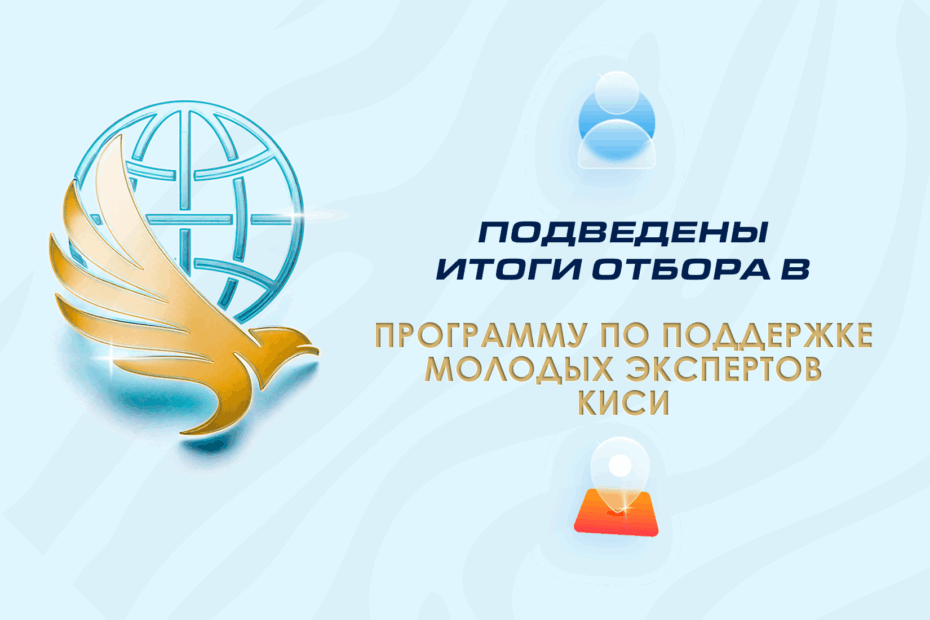On June 10, the Kazakhstan Institute for Strategic Studies under the President of the Republic of Kazakhstan (KazISS) announced the results of the application selection process for the Young Experts Support Program titled “New Horizons for Economic and Social Development of Kazakhstan’s Regions.”
Between April 7 and May 30, a total of 78 applications were received, of which 76 were deemed compliant with the program’s requirements by the selection committee.
The applicant pool consisted of 40 women (51.3%) and 38 men (48.7%). Age distribution was as follows: 27 applicants (34.6%) were under 30 years old, and 51 applicants (65.4%) were between 30 and 45 years old.
By region, the largest number of applications came from Astana — 44 applicants (56.4%) and Almaty — 16 applicants (20.5%). Six applicants represented the Karaganda region (7.7%), three came from the Almaty region (3.8%), and two from the Zhetysu region (2.6%).
One application each was received from potential participants in the Aktobe, Atyrau, Akmola, Pavlodar, North Kazakhstan, Turkestan regions, and the Ulytau region (each accounting for 1.3%).
Following the review, the selection committee decided to admit all 76 applicants who met the criteria to participate in the program. After completing the training course and preparing individual analytical reports, 10 finalists will be selected to receive KazISS grants. The list of program participants is attached.
The training module will commence on June 16, and participants will be notified of the schedule in due course.
This marks the fourth wave of the Young Experts Support Program, aimed at fostering young talent and replenishing the expert community with fresh professionals and innovative ideas.
Over the course of four weeks, participants will undergo a series of methodological training sessions, seminars, and master classes led by leading Kazakhstani and international analysts focused on key research themes. Following this, during an eight-week period, participants will develop individual analytical reports with the support of mentors.
Research directions include economics, sustainable regional development, strategic growth, social policy, and international cooperation.


